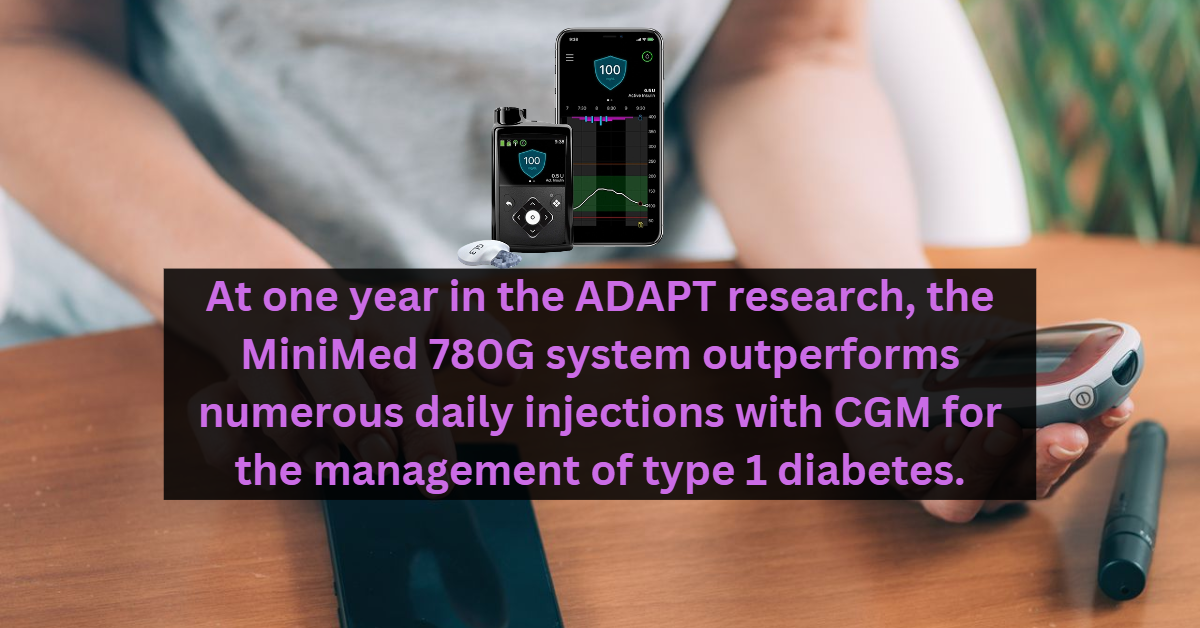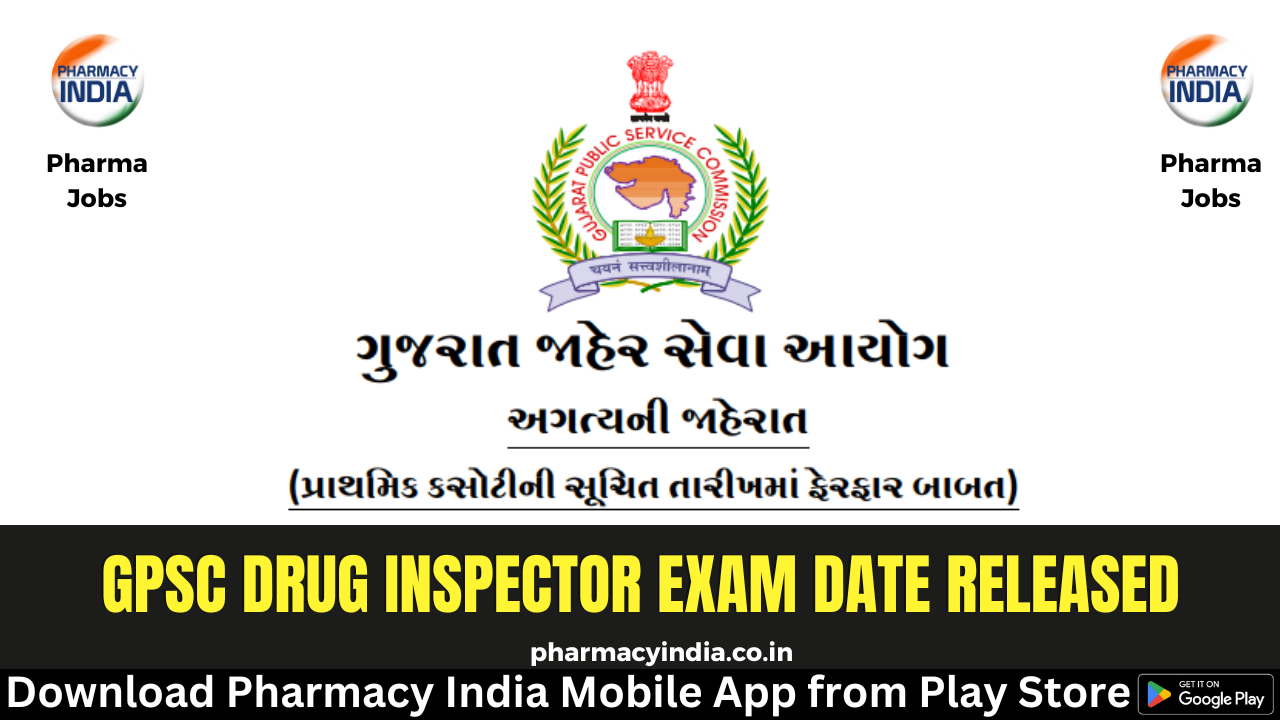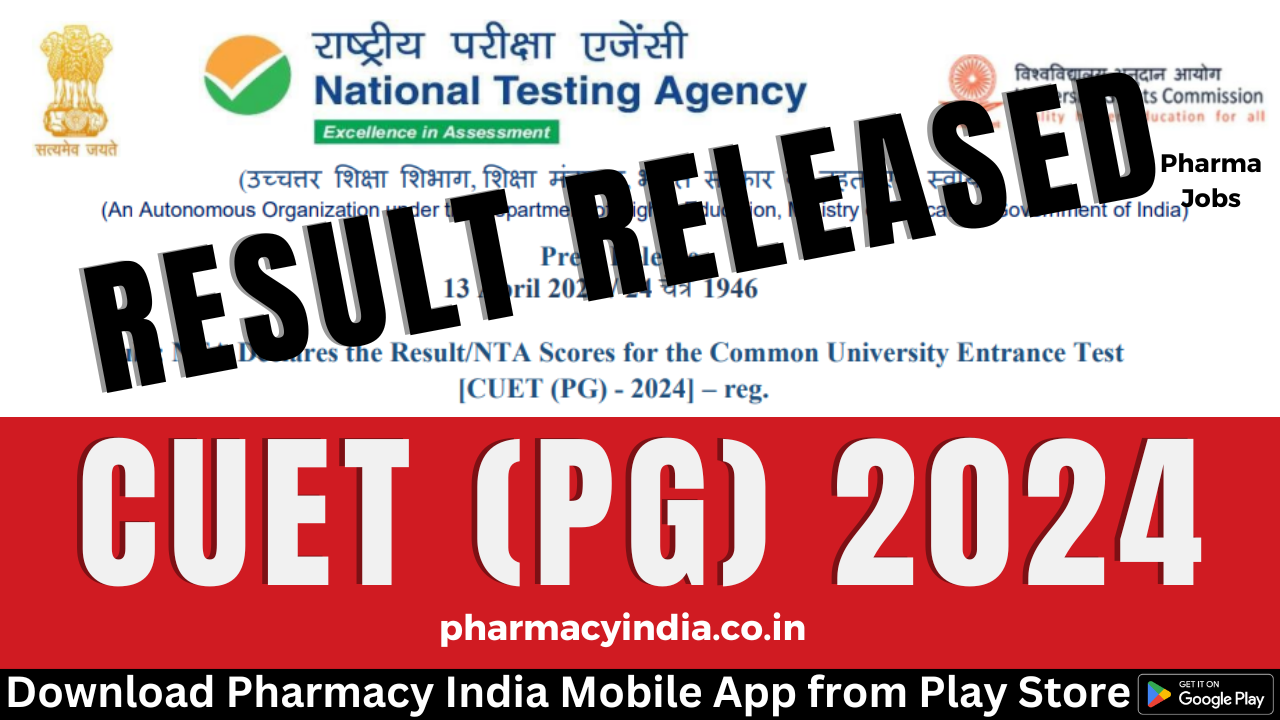The performance of the MiniMed 780G advanced hybrid closed loop system (AHCL) versus multiple daily insulin injections (MDI) with an intermittently scanned CGM was compared in the first multi-national randomised controlled study, or “ADAPT,” conducted by Medtronic plc, the world leader in medical technology, and was revealed after one year of data from the study (n=82) (isCGM).
Adults (18 years of age and older) who weren’t hitting their glycemic goals participated in the trial. As comparison to those using MDI + isCGM without longer periods of hypoglycemia, the initial 6-month data, which were reported in The Lancet Diabetes & Endocrinology, showed AHCL system users saw a 27.6% absolute rise in Time in Range (TIR) and a 1.4% drop in HbA1C. The TIR increased by 30.2% over night, making these outcomes much better. All individuals on the MDI + isCGM protocol switched to the MiniMed 780G system at the end of the 6-month research period. These notable benefits persisted in individuals who began receiving AHCL therapy at the beginning of the study and were replicated at one year in this cross-over group.
According to Ohad Cohen, M.D., senior global medical affairs director at Medtronic Diabetes, “These results further strengthen the case for us to move beyond the CGM-first paradigm to ensure patients experience these well-established clinical benefits of automated insulin delivery earlier at diagnosis.” Even with the best of intentions, “the MiniMed 780G system is taking care of users in ways that folks just aren’t able to do with manual injections because there are so many factors that daily effect blood sugar levels.”
Data from the CLVer Trial, a second JDRF-sponsored randomised controlled trial with 113 participants, showed that in children and adolescents (7 to 17 years old) with newly diagnosed type 1 diabetes, early intensive control, which included using an automated insulin delivery system, resulted in excellent Time in Range of 78% especially in comparison to 64% Time in Range in the standard-care group (real-time CGM without automated insulin delivery), at one year. The CLVer Trial findings were given in a late-breaking clinical study presentation at the ATTD Conference and simultaneously published in the Journal of the American Medical Association (JAMA).
According to Jennifer McVean, MD, senior medical affairs director, Medtronic Diabetes, “there is a growing body of clinical evidence that demonstrates the superiority of using automated insulin delivery systems as first-line treatment for type 1 diabetes rather than the conventional stepwise approach of starting patients on a CGM first.” “Our findings show patient success throughout the age spectrum and early in the disease’s progression. We’re committed to increasing access to our MiniMed 780G system so that more people with diabetes have the chance to improve their short- and long-term health outcomes in light of this strong data.”
Technology advancements in type 1 diabetes have completely changed the course of treatment and greatly enhanced outcomes and quality of life. The capacity to handle complex meals and exercise was one of the major barriers to delivering a closed loop system, however data presented today at ATTD solved this issue. The MiniMed 780G system was proven to be capable of handling unannounced meals* up to 80 grammes of carbohydrates, and there was no worsening in glycaemic control when small amounts (up to 20 grammes) of carbs were unannounced, according to studies presented by Prof. Amir Tirosh of the Sheba Medical Center in Israel. Also, he provided statistics showing that accurate carb counting, which is frequently considered a need for access to cutting-edge diabetic equipment, is not as crucial as formerly believed.
One of the most difficult components of managing diabetes is meal planning since people now have to figure out how much carbohydrates they’re taking in and enter that information into their insulin pump (called “announcing a meal”). The MiniMed 780G system was created to anticipate needs in the real world, where meal portions are frequently forgotten and carb counts aren’t always accurate. Medtronic is evaluating the use of its MiniMed 780G system integrated with its exclusive Klue smartwatch app, which uses hand gestures detected by a wearable device to leverage meal announcements to the pump in an effort to eliminate manual meal announcements, as the company continues to advance its SmartGuardTM algorithm towards a fully closed loop system.
Users were able to maintain glycemic control in a manner similar to the current standard of care, which involves manually announcing a meal on the pump and bolusing, according to preliminary findings from a small single site research (n=17). The MiniMed 780G system was tested while the Klue app was disabled, and baseline measurements of traditional carb counting and carb entering were made. After then, the app remained available for another five days, but carb counting was not allowed. This integrated system’s first study revealed that it handled test meals and beverages with variable caloric and carbohydrate sizes well while maintaining good glycemic control, with a Time in Range of 80.6% during the study period.
With the real-world data we’re seeing in the 104 countries where it’s commercially available, Que Dallara, SVP and president of Medtronic Diabetes, stated, “We’re certain our system answers a huge unmet need while delivering on the ease of use so many of our customers have requested for.” The preliminary findings on our next-generation platform combined with Klue show great promise as we work to advance our SmartGuard algorithm towards a fully closed loop system.
The Food and Drug Administration (FDA) is currently reviewing the MiniMed 780G system combined with the business’s next-generation GuardianTM 4 Sensor for commercial approval. It is also currently under examination in the US. To alter how people manage their diabetes, Medtronic is collaborating with people all across the world. By increasing access, integrating care, and improving results, the firm hopes to revolutionise diabetes care and enable individuals with diabetes to live more independently and with better health.






